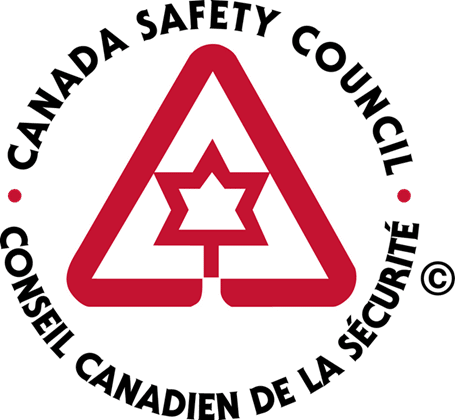Making Multiple Medications Manageable
Nov 6, 2023
It is no secret that Canada’s population is progressively skewing older as previous generations reach retirement age. According to Statistics Canada, we can expect between 21.3 and 22.9 per cent of the population to be over the age of 65 by 2030. By comparison, as of 2022 that same statistic sits at 19 per cent.
As we age, the likelihood of managing multiple medications increases. While these medications can improve our quality of life, they also present unique challenges and safety concerns, particularly for seniors.
November 6 – 12 is National Senior Safety Week, and the Canada Safety Council is offering medication management tips to avoid unintended consequences or side-effects.
Whether they’re prescribed for chronic conditions, pain management, or overall well-being, medications must be managed with care. Prioritizing medication safety is a crucial step in maintaining healthy and fulfilling lifestyles for our seniors.
President and CEO, Canada Safety Council
Medication Management Tips
Maintain an updated medication list. A comprehensive, up-to-date medication list is crucial to safe medication management. Keep a detailed record of your medications and prescription drugs, including the name, dosage, frequency, and its purpose. Share the list with doctors and family members.
Understand your medications. Ask your doctor about the purpose and potential side effects of each medication, along with details about how it should be taken. Being an active participant in your health decisions will enable you to be more informed.
Use a pill organizer. These containers are usually labeled with the days of the week, sometimes including times of day, making it easy to see if you’ve taken your medications as prescribed. A pill organizer reduces the risk of accidentally ingesting more than one dose or of missing the dose altogether.
Set medication reminders. Setting medication reminders helps ensure consistency in your medication routine, a habit which is essential for their effectiveness. Consider alarms, notes, or some form of hard-to-miss mnemonic device to remind yourself that it is time to take your medication.
Be aware of drug interactions. Certain medications can interact with each other, leading to negative side effects or reduced efficacy. This is one example of why it can be helpful to be actively involved in understanding what medications you’re ingesting — knowledge and foresight, along with communication with your doctor, can ensure that any potential interactions are caught before any kind of incident occurs.
Managing multiple medications can be complex, but with careful attention, communication with doctors, and these safety tips, you can take control of your medication regimen and enhance your overall well-being while minimizing risks.
—
For more information, please contact:
Lewis Smith
Manager, National Projects, Canada Safety Council
lewis.smith@safety-council.org
Support CSC!
The Canada Safety Council is a non-profit organization.
Helpful programs and pages like this one are made possible by donations from people like you.
Help us help everyone and make an online donation now!
